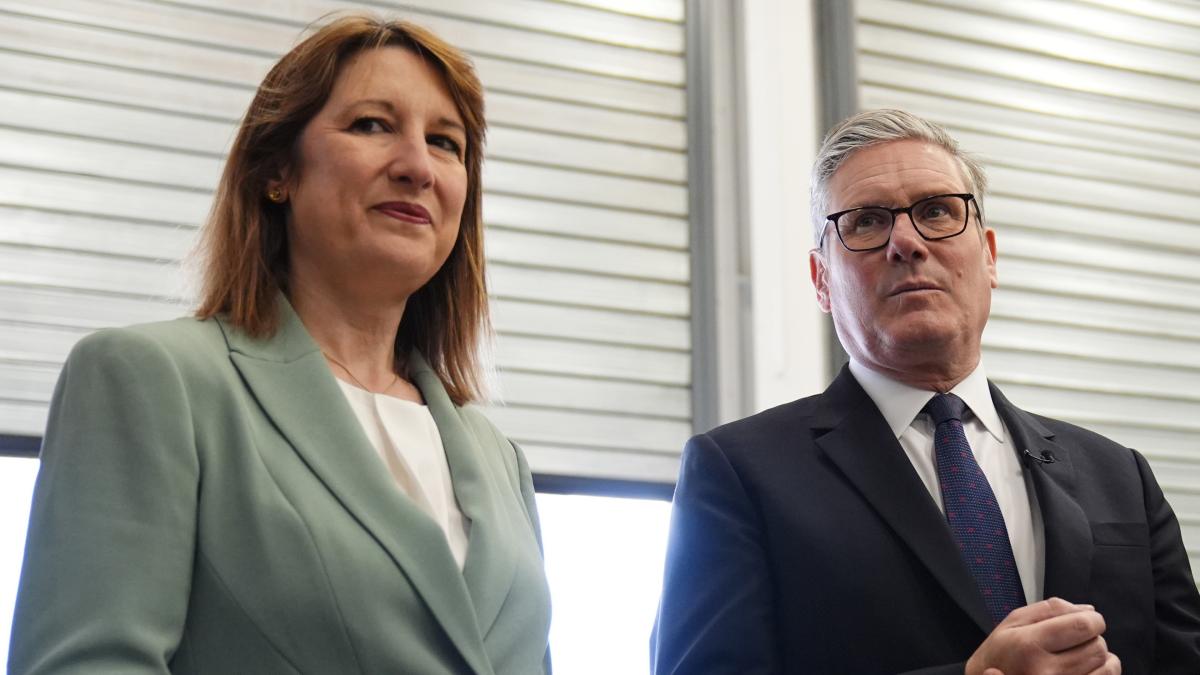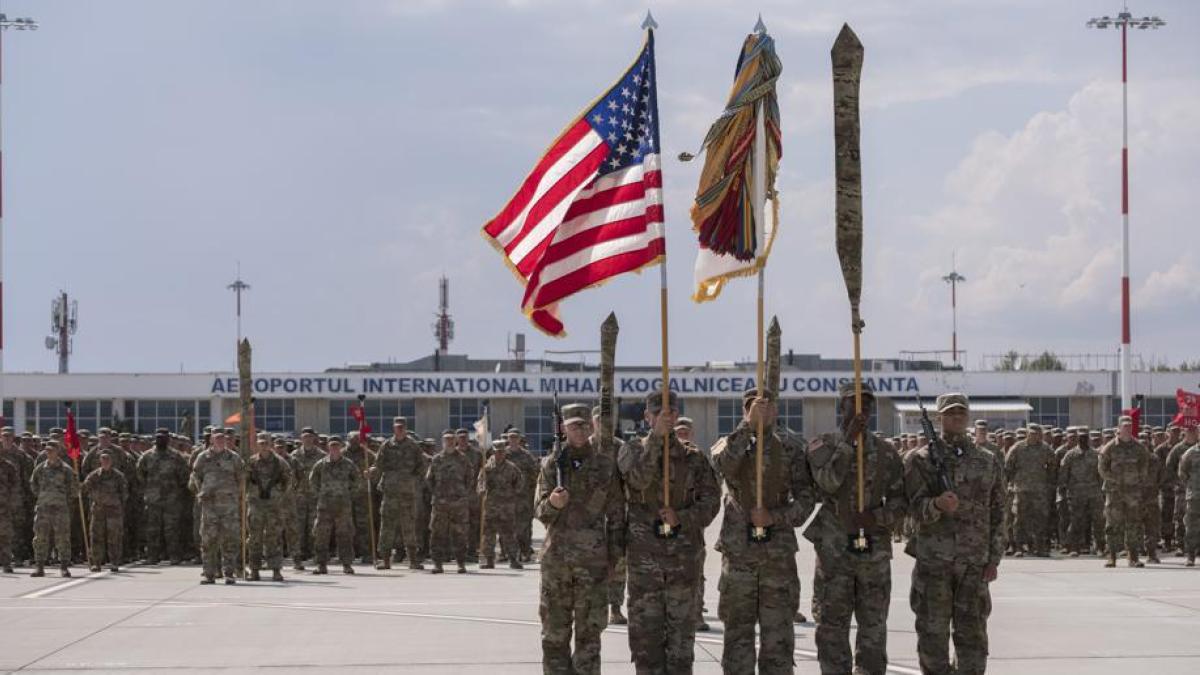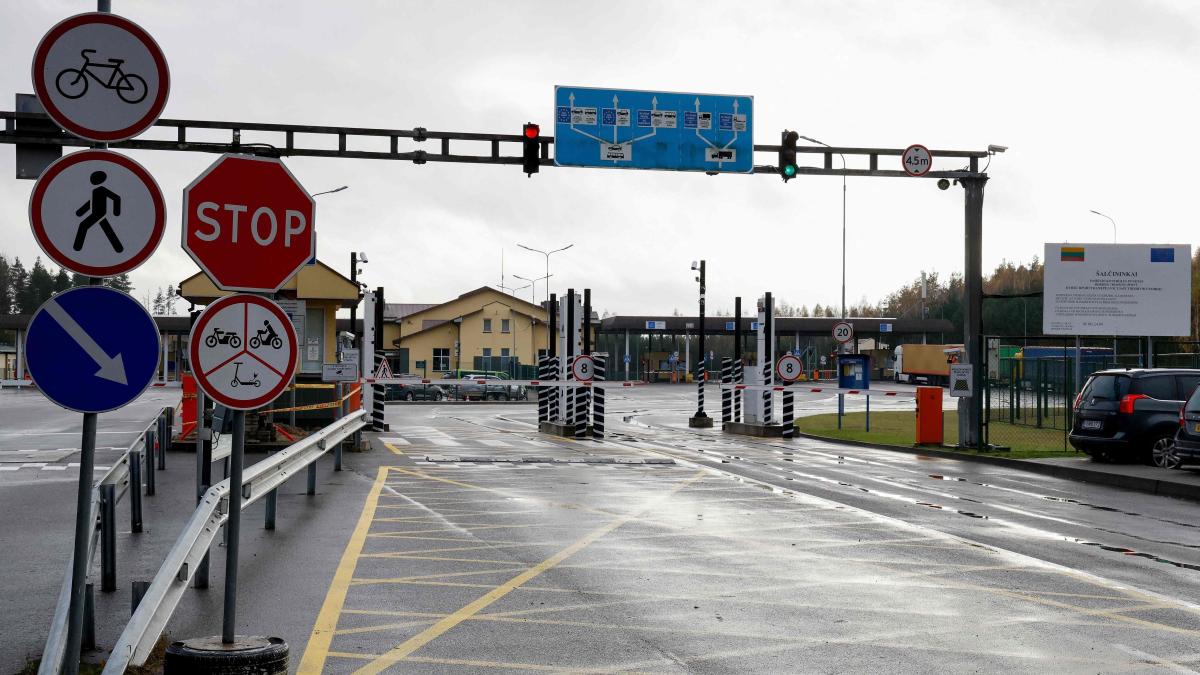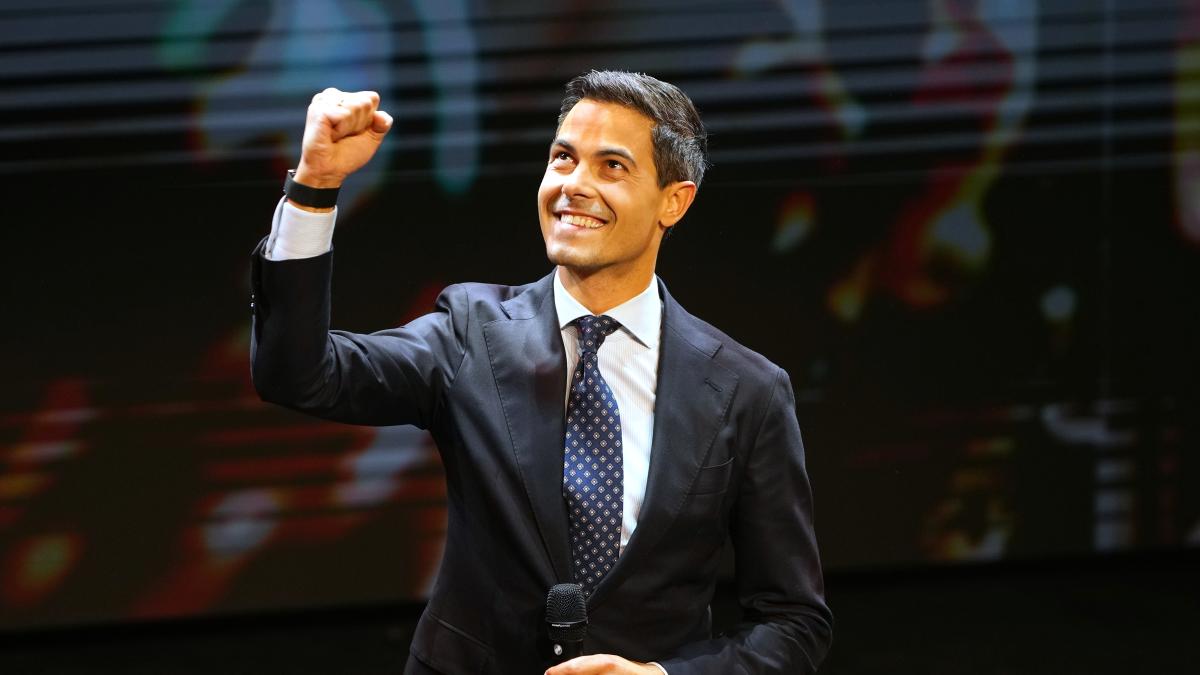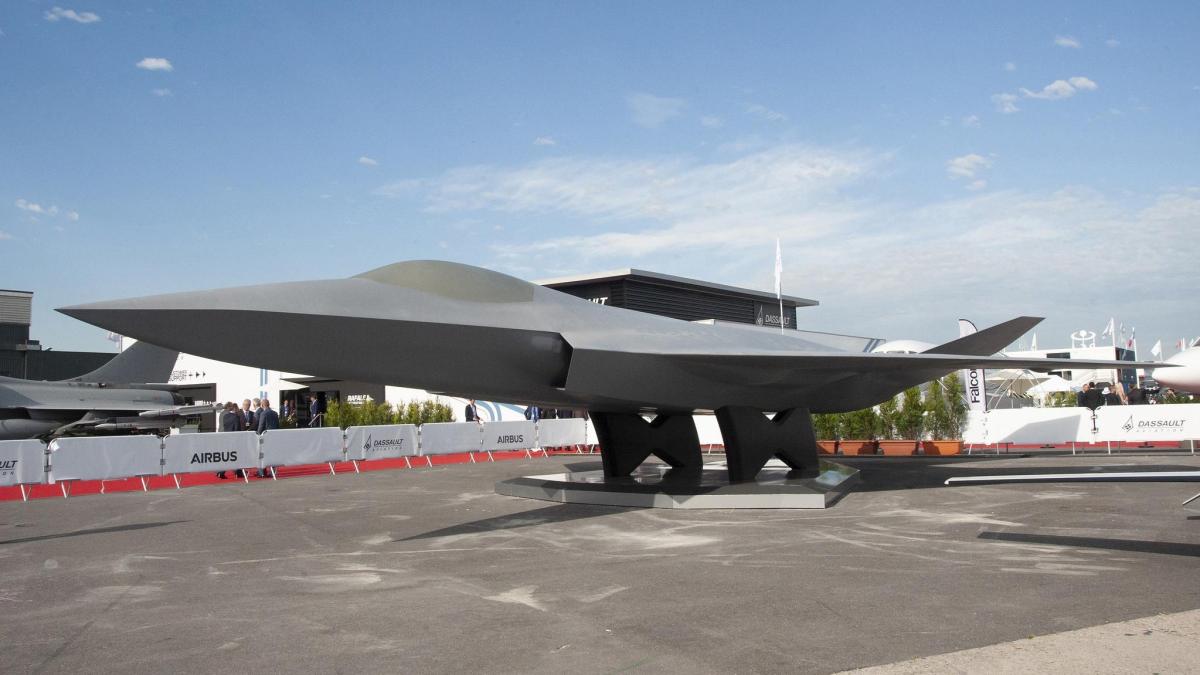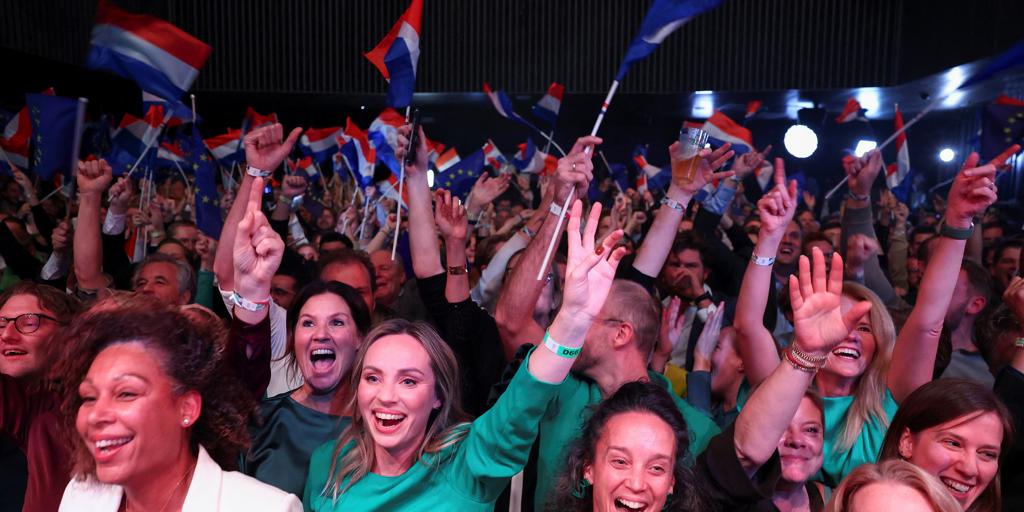“`html
Europe’s Bold Step Towards Defense Independence
In a decisive move that signals a new era of European self-reliance, the leaders of 19 EU member states, including Spain, are calling for an increase in funding from the European Investment Bank (EIB) to bolster the European defense industry. This initiative arises just as Europe faces growing pressure to chart its own course in international defense, reducing its dependency on American military support while confronting the very real threat posed by Russia.
The Push for Military Autonomy
The coalition of leaders has sent a powerful letter to the EIB, led by Spanish Vice President Nadia Calviño. Countries such as Germany, France, and Italy have signed on to demand urgent action to enhance Europe’s military capabilities. This monumental call for action, excluding only eight nations, highlights a critical shift in European sentiment toward a more militarized and self-sufficient future.
“We must strengthen our general defense capacities and industrial base,” the leaders assert.
Breaking Down Financial Barriers
However, this ambition is met with challenges. Currently, the EIB, based in Luxembourg, has strict guidelines preventing financing for specific weapons activities to maintain its esteemed credit rating. But with a budget of €6 billion available until 2027, it can finance dual-use technologies like drones and military-grade vehicles. The time has come to revisit these regulations!
Adjustments on the Horizon?
- Investments in military and civilian projects are already on the table.
- European leaders are demanding a broader interpretation of what qualifies for funding.
- Plans are being floated to enable the EIB to issue specific debt to directly finance defense projects.
The urgency is palpable as discussions convene in the wake of demands from Trump and NATO’s Secretary General, Mark Rutte, to escalate defense spending in light of the escalating threats. The unrealistic 5% GDP target proposed by Trump could soon be revised to a more palatable 3%. Regardless, the clear message is one of increased military readiness.
“Now is the time for Europe to take definitive action,” the leaders implore.
A Historic Summit Ahead
As the European Council, led by António Costa, prepares to gather in an unshackled summit format, the conversation will undoubtedly pivot towards military strategies and defense expansion. Anticipation mounts over how leaders will respond to external pressures while balancing the internal needs of a rapidly changing geopolitical landscape.
In these turbulent times, Europe stands at a crucial crossroads. The urgent calls for enhanced funding to the European defense industry reflect more than just a financial transaction; they represent a resounding demand for sovereignty and strength in defense, paving the way for a formidable European power unyielding to outside influences.
“`





